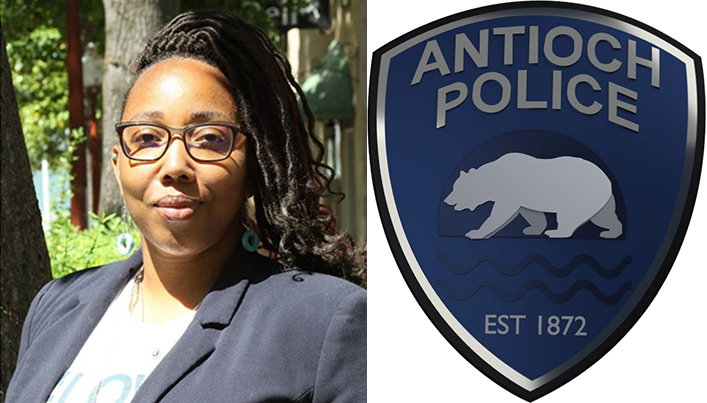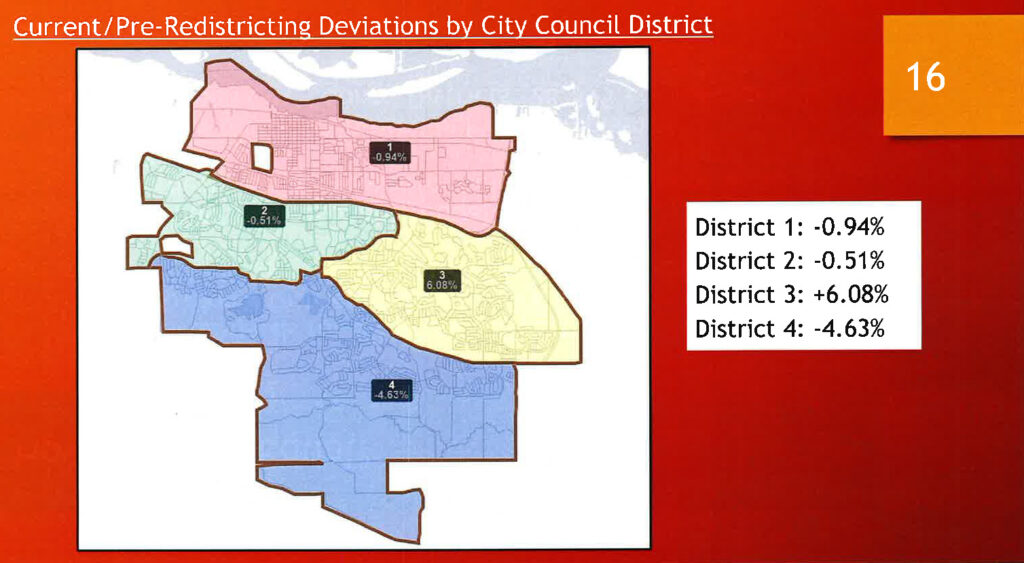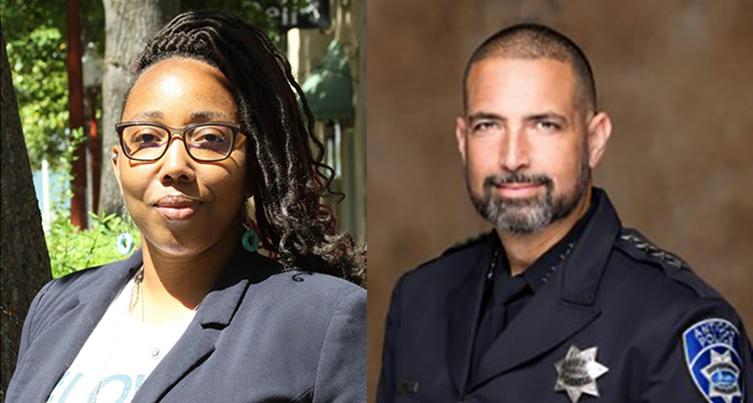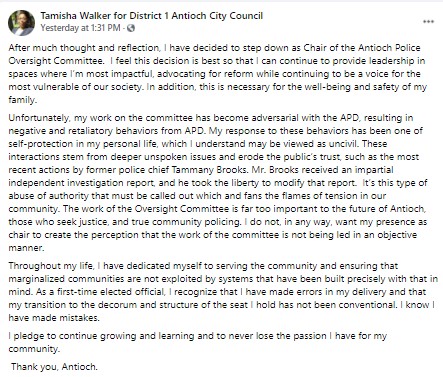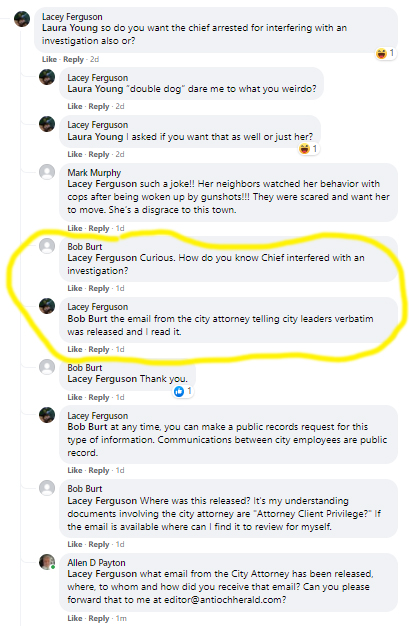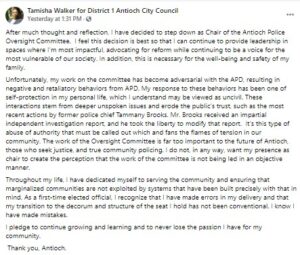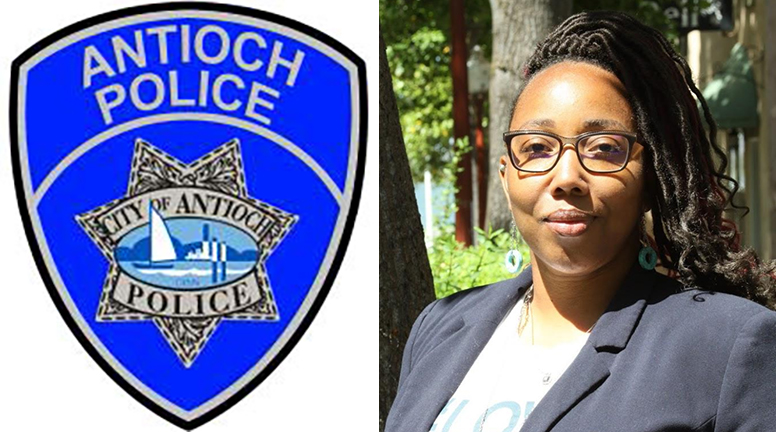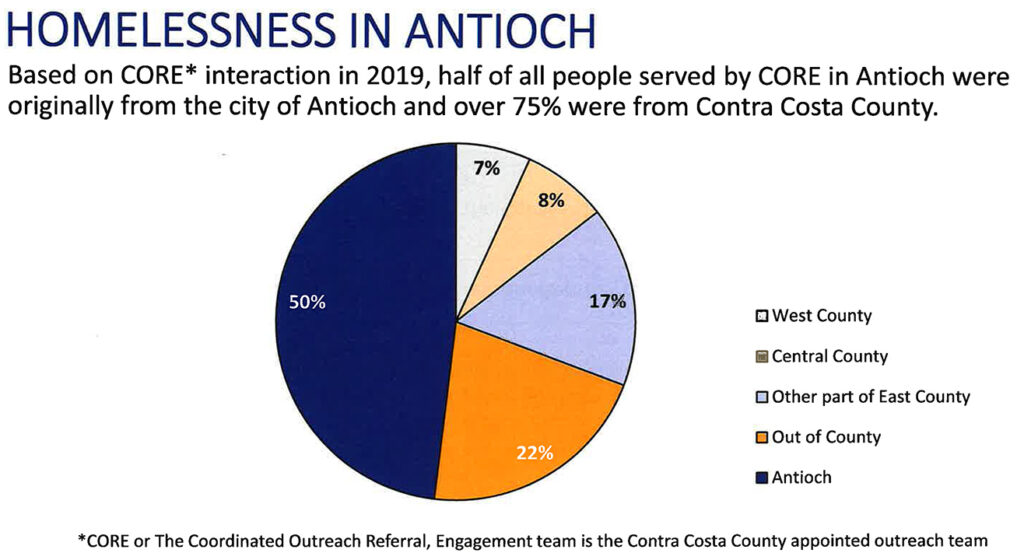Antioch Council to hold special workshop for public input on redistricting Saturday morning
Friday, October 15th, 2021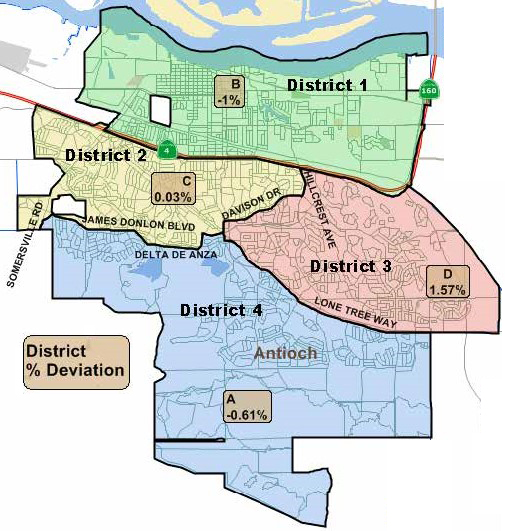
Map of the Antioch City Council districts for the 2020 elections showing the population deviations from average based on 2010 Census data.
Boundaries for at least District 2 will have to expand to the south and east, possibly placing both Barbanica and Mayor Pro Tem and Wilson into the same district.
By Allen Payton
The Antioch City Council will hold a special meeting/workshop for public input on redistricting of the four council districts tomorrow morning, Saturday, Oct. 16 at 10:00 a.m. The meeting will be online.
The council held a study session Tuesday night, prior to their regular meeting during which the consultant, Karin Mac Donald of Q2 Data & Research stated the adjusted population total of 115,580 is only for redistricting. It includes those people who are incarcerated in the state and are included in the geographic areas where their last residence is located. The population from the Census Data is unadjusted for purposes of receiving state and federal funding.
That results in the ideal population of 28,895 residents per district with a +/-5% allowed deviation or +/-1,545 people per district, she shared during her presentation.
The consultant spoke of the federal laws and state laws with which the council districts must comply, including the 14th and 15th Amendments to the U.S. Constitution, the federal Voting Rights Act (VRA), California Voting Rights Act (CVRA), and the state Fair and Inclusive Redistricting for Municipalities and Political Subdivisions (Fair Maps) Act. That law, according to the California Secretary of State’s website, “requires cities and counties to engage communities in the redistricting process by holding public hearings and/or workshops and doing public outreach, including to non-English-speaking communities.” According to the Legislative Counsel’s Digest of the bill, the CVRA “prohibits the use of an at-large election in a political subdivision if it would impair the ability of a protected class, as defined, to elect candidates of its choice or otherwise influence the outcome of an election”. The CVRA was the basis for the threatened lawsuit against the City of Antioch forcing the council into district elections in 2018, which went into effect, last year. While the council cannot intentionally split up a race or language minority population diluting their ability to elect a member of a minority, the U.S. Supreme Court has ruled that race cannot be the primary basis for drawing districts. Minorities include people who are Black, Hispanic, Asian or Native American, Mac Donald explained.
She also explained the other criteria the council should follow in redrawing the district lines, besides the equal population required by the U.S. Constitution, specifically the equal protection clause of the 14th Amendment, and the 5% deviation allowed by state law. Those include Communities of Interest (COI’s), using natural boundaries and those easily identifiable by the public, such as major streets, compactness as well as contiguity, which means districts can’t be split up in parts with gaps in between. In addition, the district boundaries cannot favor or discriminate against political parties.
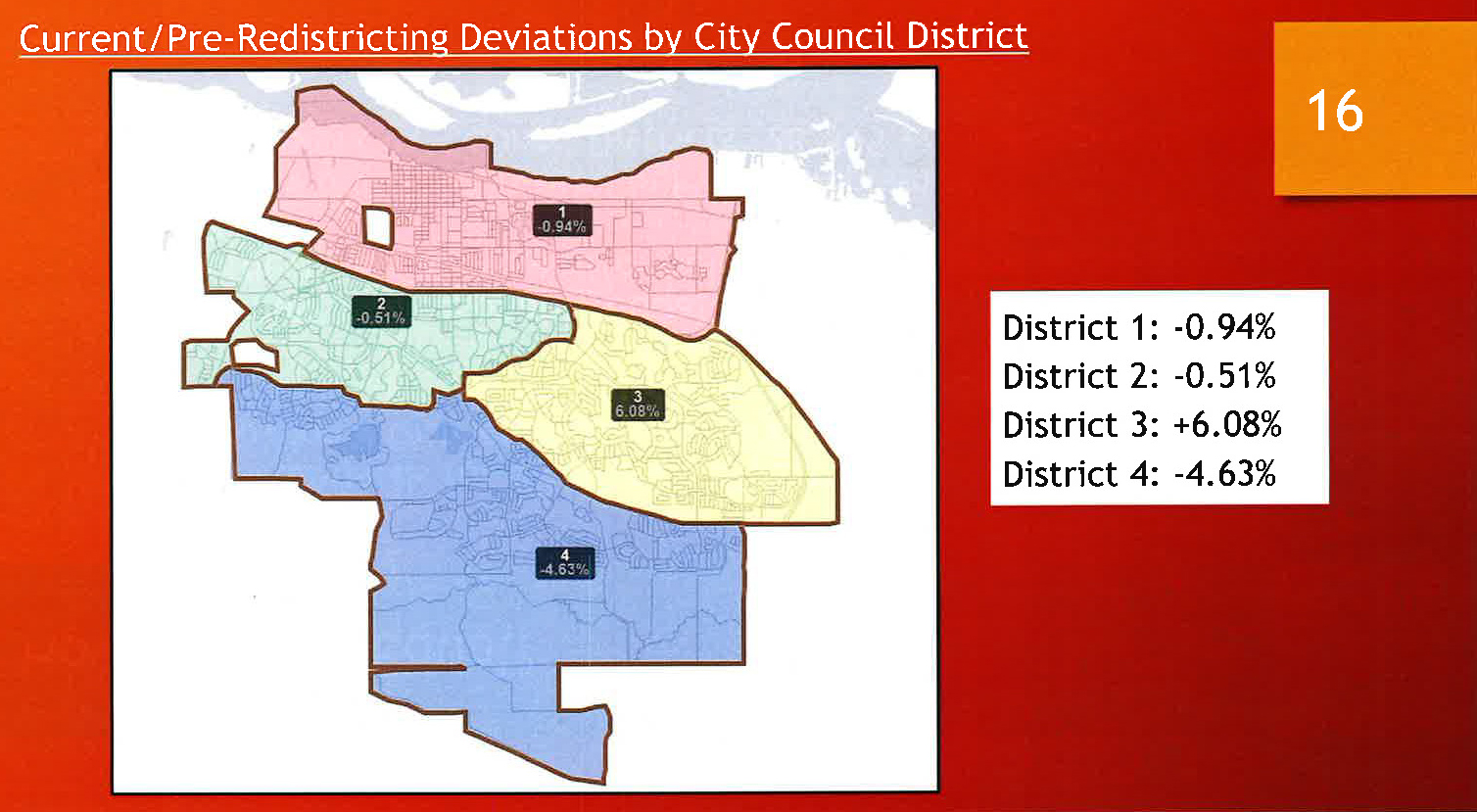
Current Antioch City Council districts approved in 2018 and population deviations from average based on 2020 Census data. Source: Q2 Data & Research presentation.
Included in Mac Donald’s presentation was a map of the current council districts showing the population deviations, showing District 3s and 4, not surprisingly, have experienced the greatest population growth. District 3 has a deviation of 6.08%, greater than the 5% allowed, while District 4 is barely in compliance with a deviation of 4.63% from average. The results will be boundaries for at least District 2 will have to expand to the south and east, possibly placing both District 2 Councilman Mike Barbanica and Mayor Pro Tem and District 3 Councilwoman Monica Wilson into the same district.
Antioch Council redistricting meeting schedule
Tuesday, November 9, 2021 – (Special meeting prior to City Council meeting)
Optional Additional Meeting (e.g. Antioch Community Center)
Tuesday, January 11, 2021 – (Regular City Council meeting. Introduction of Ordinance:
First Reading)
Tuesday, January 25, 2021 – (Regular City Council meeting. Second Reading: Adoption
of Ordinance)
Viewing
Members of the public can watch the meeting at https://www.antiochca.gov/live_stream, on Comcast Channel 24, or AT&T U-Verse Channel 99.
Public Comments
Members of the public wishing to provide public comment may do so one of the following ways (#2 pertains to the Zoom Webinar):
- Fill out an online speaker card by 8:00 a.m. the day of the Council Meeting located at:
- Provide oral public comments during the meeting by clicking the following link to register in advance to access the meeting via Zoom Webinar: https://www.antiochca.gov/speakers
– You will be asked to enter an email address and a name. Your email address will not be disclosed to the public. After registering, you will receive an email with instructions on how to connect to the meeting.
– When the Mayor announces public comments, click the “raise hand” feature in Zoom. For instructions on using the “raise hand” feature in Zoom, visit: https://www.antiochca.gov/raise_hand. When calling into the meeting using the Zoom Webinar telephone number, press *9 on your telephone keypad to “raise your hand”. Please ensure your Zoom client is updated so staff can enable your microphone when it is your turn to speak.
- Email comments to cityclerk@ci.antioch.ca.us by 8:00 a.m. the day of the Council Meeting. The comment will be read into the record at the meeting (350 words maximum, up to 3 minutes, at the discretion of the Mayor). IMPORTANT: Identify the agenda item in the subject line of your email if the comment is for Announcement of Community Events, Public Comment, or a specific Agenda Item number. No one may speak more than once on an agenda item or during “Public Comments”.
All emails received by 8:00 a.m. the day of the Council Meeting will be entered into the record for the meeting. Speakers will be notified shortly before they are called to speak.











